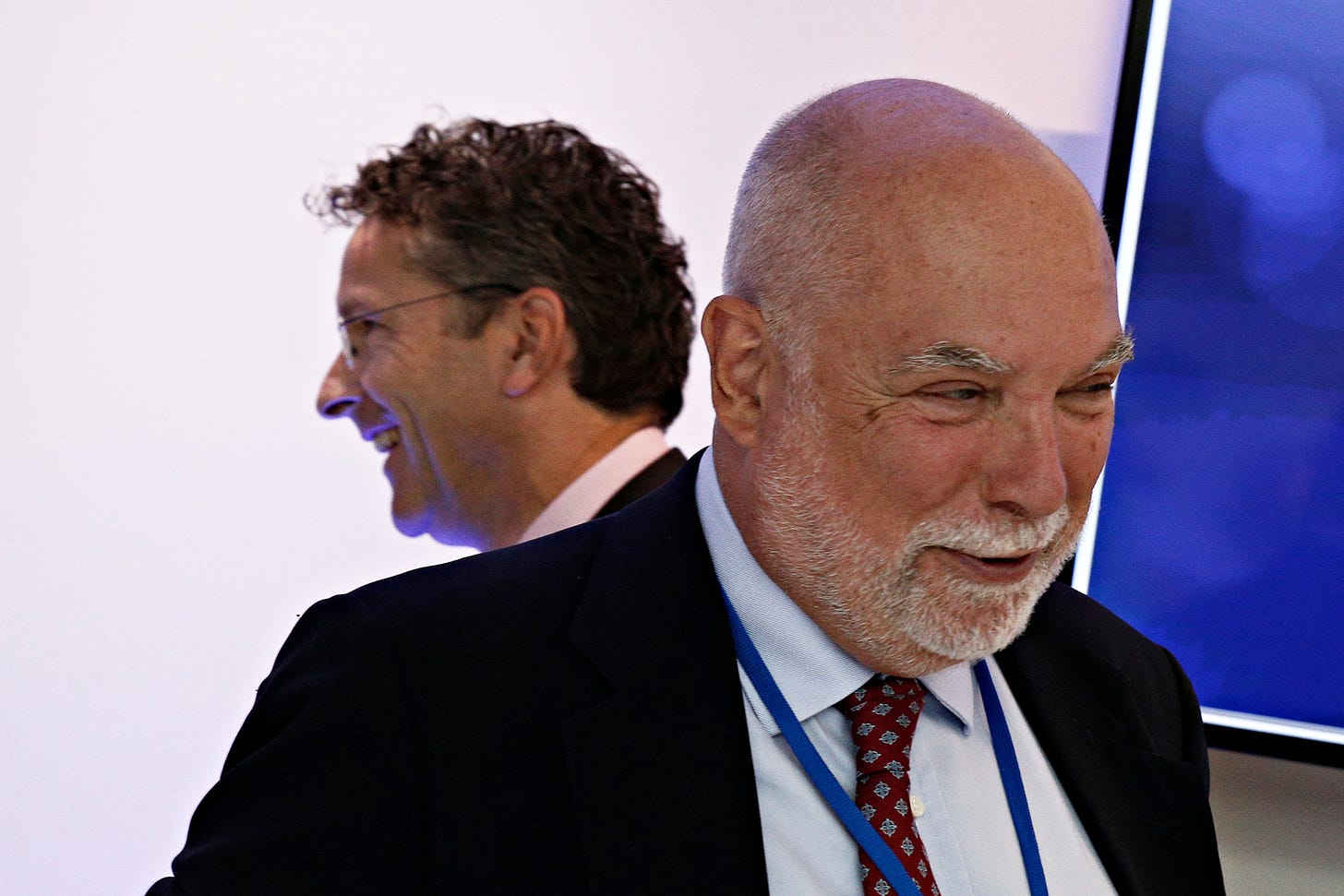When Greece's left/nationalist government took office in January 2015 with Yanis Varoufakis as finance minister, the country's official creditors decided to take him "at face value", recalls Thomas Wieser - the man who coordinated the euro area’s response to the financial crisis from 2009 until 2018.
"We spent hours and hours on end - meetings that went on till two in the morning, three in the morning. And, after one of these meetings, the deputy of Varoufakis came to me and said: 'Why are we discussing all of this nonsense at times of the day when I would more profitably be eating or drinking, or even sleeping considering that it's now three o'clock? Why are we discussing this nonsense? You know that, in the end, we will do nothing and you will give us the money anyway".
"And that was early … March. And I looked him in the eye and said: 'Look into my eyes, you're gonna go bankrupt. Nobody's going to give you any money if that's how you will continue. And he turned pale, turned on his heels without saying anything else, and ran out of the building. And that was the minute I knew what the game was".
***************
The euro area’s finance ministers meet and coordinate policy through the Eurogroup. The engine room of the Eurogroup is its Euro Working Group (EWG) - a committee of treasury officials from member states and the European Commission.
Elected as the EWG's first full-time president in 2009, Thomas Wieser became the one true constant through the post-Lehman recession, the tsunami of solvency crises that hit Greece, Ireland, Portugal, Spain, and Cyprus and threatened Italy, and the construction of the financial firewalls and of the banking union. For the Obama-era Treasury, he was the answer to Henry Kissinger's famous question: "Who do I call if I want to call Europe?"
To hear his account of a unique European career, click on your preferred link and subscribe (free) to the In The Room podcast series.
In The Room is a series of conversations with officials who played crucial (behind the scenes) roles in the history of the EU.
Edited and produced by davidstudio.





